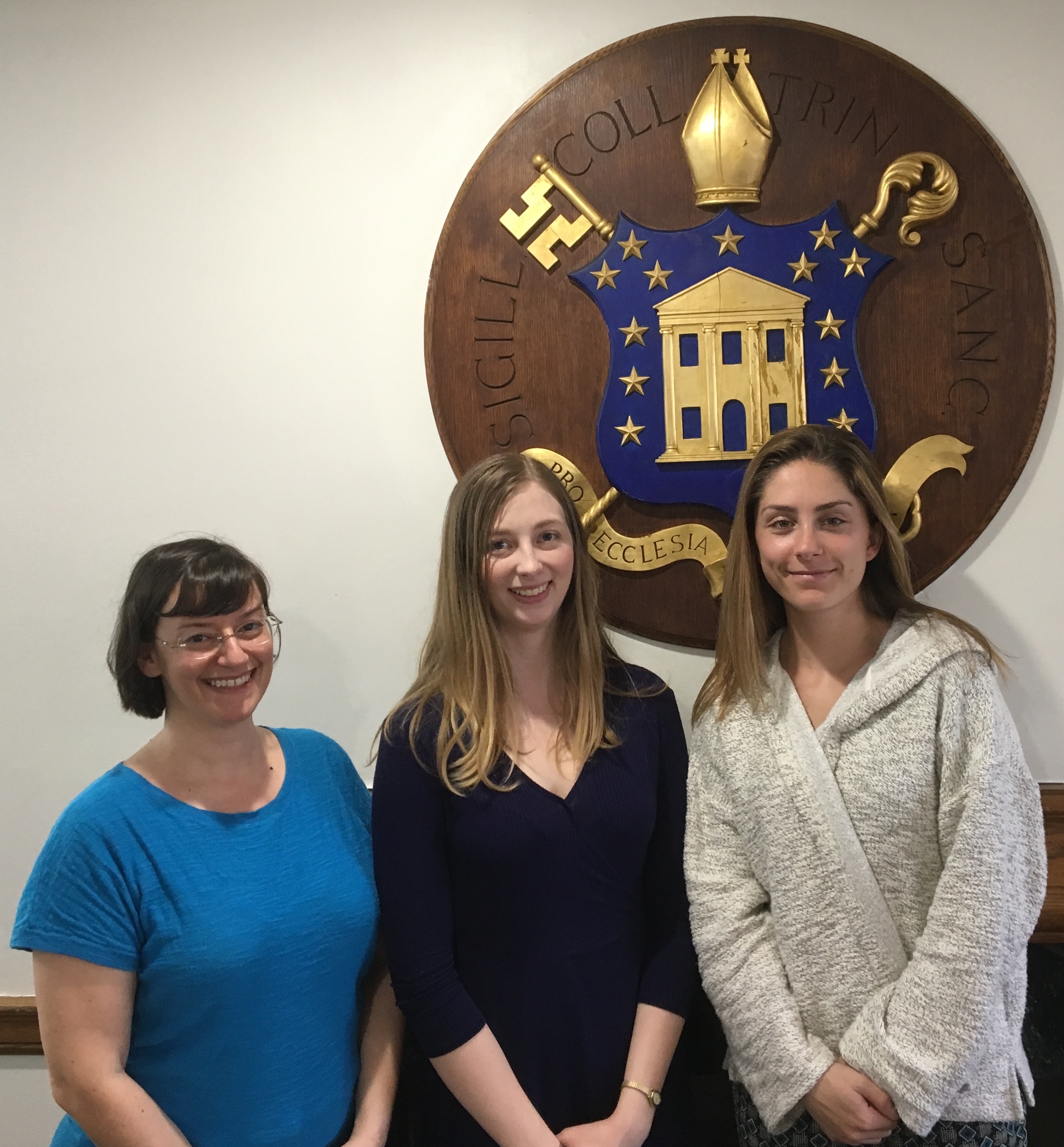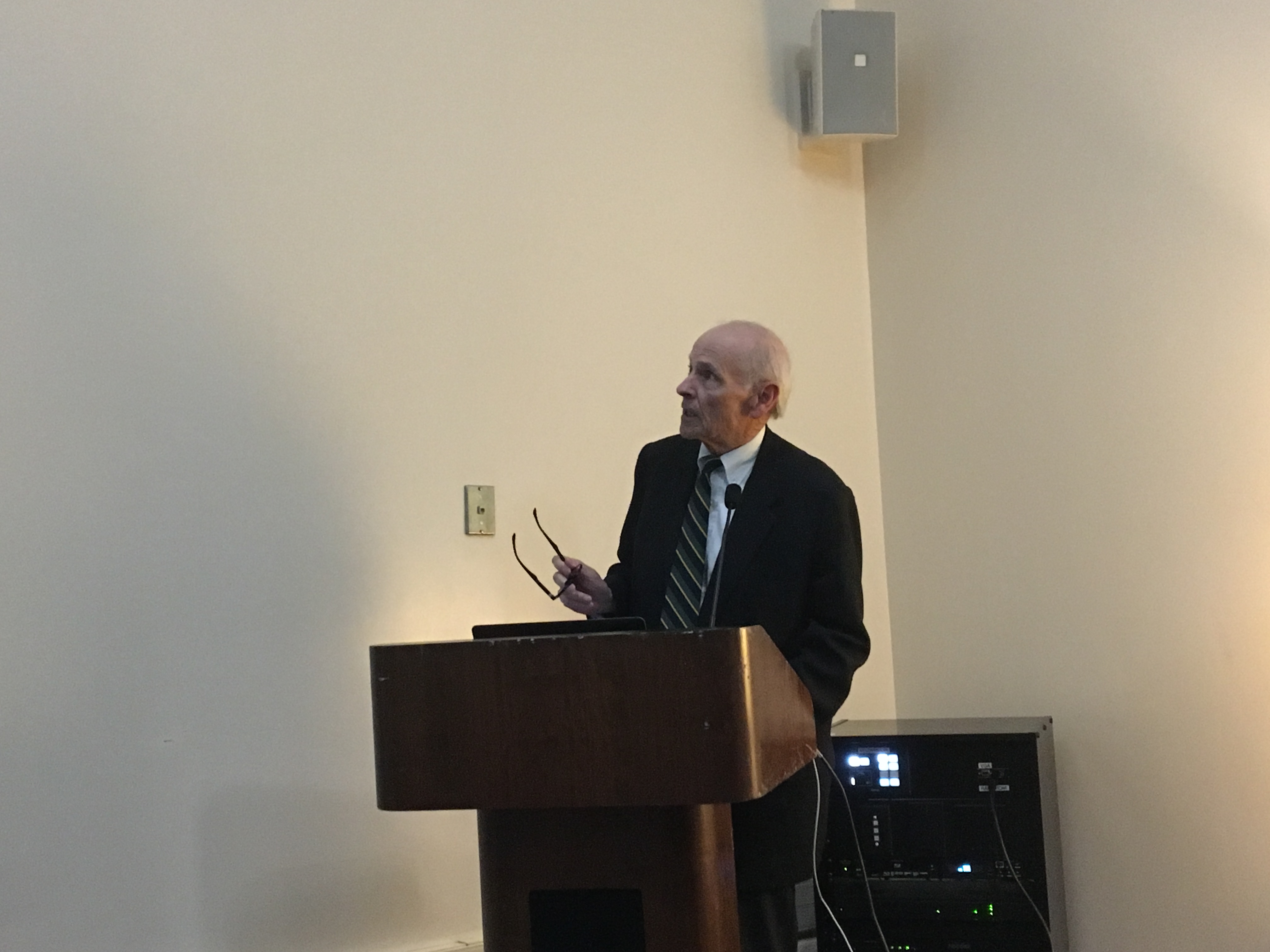 Profs. Lauren Caldwell of the History and Classical Studies departments and Prof. Vincent Tomasso of the Classical Studies department were invited to participate in the 2019 annual meeting of the Ancient Philosophy Society.
Profs. Lauren Caldwell of the History and Classical Studies departments and Prof. Vincent Tomasso of the Classical Studies department were invited to participate in the 2019 annual meeting of the Ancient Philosophy Society.
Prof. Caldwell introduced Friday’s keynote speech by Prof. Denise McCoskey of the Miami University of Ohio, entitled, “Race, Reception, and Re-Contextualizing Athenian Democracy” (the image above is an ancient Greek vase depicting slaves, which Prof. McCoskey chose to illustrate her talk in the program). Prof. Tomasso provided a formal commentary on a paper delivered on Thursday by Dr. Jessica Decker of CSU-San Marcos entitled: “I Will Tell a Double Tale: Double Speak in the Ancient Greek Poetic Tradition.”










